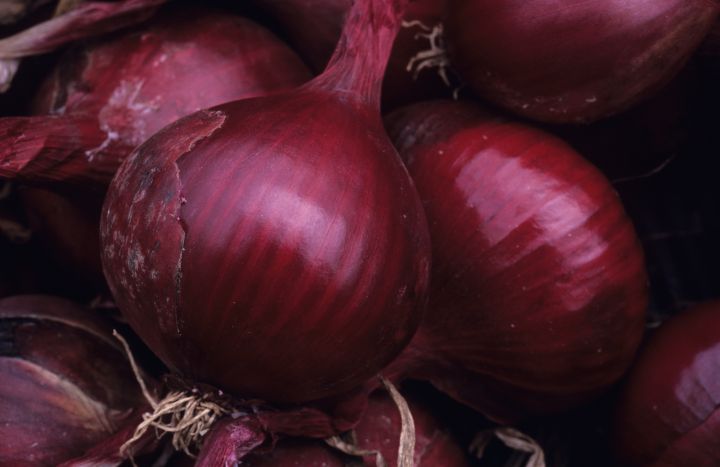The B.C. Centre for Disease Control says, to date, there have been 69 cases of salmonella in the province linked to red onions imported from the United States.

Canadian health officials are urging people not to eat any kind of onion from the U.S. at this time.
The BCCDC says an investigation has determined that the contaminated red onions are coming from Thomson International Inc. of Bakersfield, California.
The company has recalled all varieties of onions that could have come in contact with any contaminated red onions and the BCCDC says do not eat, use, sell or serve any red, white, yellow, and sweet yellow onions from Thomson International Inc., Bakersfield, Calif.
Canadian onions appear to be safe but anyone unsure of where an onion comes from should not eat it or any products made with it, according to the Public Health Agency of Canada.

Get weekly health news
In Canada, there have been 239 confirmed cases linked to onions with 119 new cases since Aug. 2.
Health Canada is also recalling various products made with onions grown by Thomson International due to possible salmonella contamination. For the full list click here.
There are now 640 confirmed cases of salmonella across the U.S. linked to the onion outbreak.
Those illnesses are in 43 states and have led to 85 hospitalizations.

Frequent handwashing, especially after touching raw meat and produce, as well as cooking food to proper temperatures can help limit the risk of infection.
Salmonella infection causes symptoms including diarrhea, fever, and abdominal cramps that develop from six hours to seven days after exposure and usually lasts four to seven days. The BCCDC says most people recover without treatment but children under 5 and adults over 65, and people with weakened immune systems are more likely to be severely affected.
More information about safe food handling practices can be found on the Health Canada website.
-With files from Amanda Connolly








Comments
Want to discuss? Please read our Commenting Policy first.